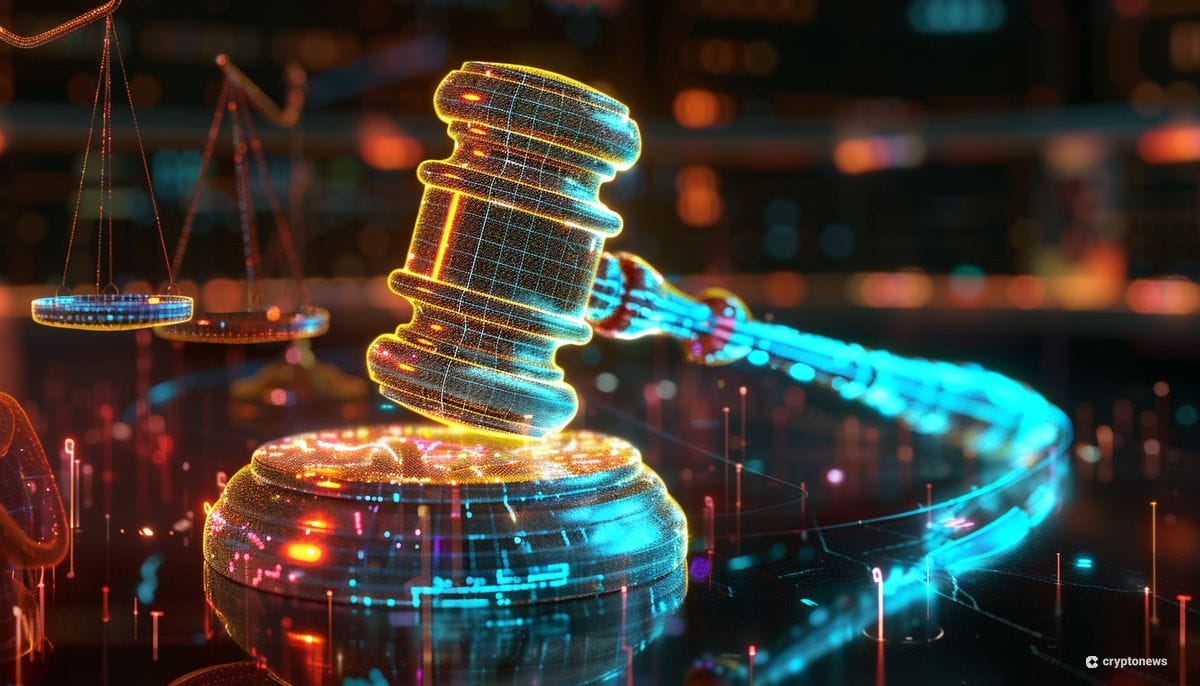The bipartisan group of senators introduced the COPIED Act to address deepfake scams, copyright infringement, and unauthorized AI training on data. The bill aims to regulate AI-generated content by requiring AI service providers to embed metadata disclosing the originality of content. This move is crucial in protecting online creators’ intellectual property and controlling the types of content AI can produce. Senator Maria Cantwell highlighted the need for transparency in addressing these issues amidst AI’s rapid advancement. The COPIED Act will give creators, including local journalists and artists, control over their content through a provenance and watermark process.
The crypto industry is expected to benefit significantly from the COPIED Act, as deepfake scams are prevalent in promoting fraudulent investment schemes. Deepfakes use the likeness of influential figures to deceive victims into believing that projects have official legitimacy, leading to financial losses. The bill’s measures will help differentiate AI-generated deceptive material, preventing further exploitation in crypto crimes. Recently, deepfake technology was used to impersonate Elon Musk during a live-streamed Space X launch, highlighting the urgency to combat these scams and protect investors.
AI technology has fueled a new wave of crypto crime, expanding beyond deepfakes to various illicit activities. The Elliptic report revealed AI’s role in state-sponsored attacks, sophisticated scams, and other cyber threats in the crypto sector. While AI has driven innovation in the AI cryptoasset industry, it has also enabled bad actors to exploit new developments for criminal purposes. Dark web forums leverage large language models for crypto-related crimes, such as phishing scams, malware deployment, and reverse-engineering wallet seed phrases.
Dark web markets offer unethical versions of AI tools designed for crypto crime, allowing criminals to evade detection and carry out illegal activities. WormGPT, a tool advertised for generating malicious content, exemplifies the risks posed by AI-enabled crime. Elliptic emphasizes the importance of early detection and monitoring of illegal activities to safeguard long-term innovation in the AI crypto sector. By reviewing warning signs of illicit behavior, authorities can mitigate emerging risks and protect users from malicious AI applications.
In conclusion, the COPIED Act represents a significant step in combating deepfake scams and regulating AI-generated content to protect creators’ rights. The bill’s provisions aim to establish transparency in online content and prevent the spread of deceptive material in the crypto industry. As AI technology continues to evolve, it is crucial to address the risks posed by AI-enabled crime and implement measures to safeguard users from fraudulent activities. By staying vigilant and monitoring emerging threats, stakeholders can ensure the responsible and ethical use of AI in the crypto sector.


























